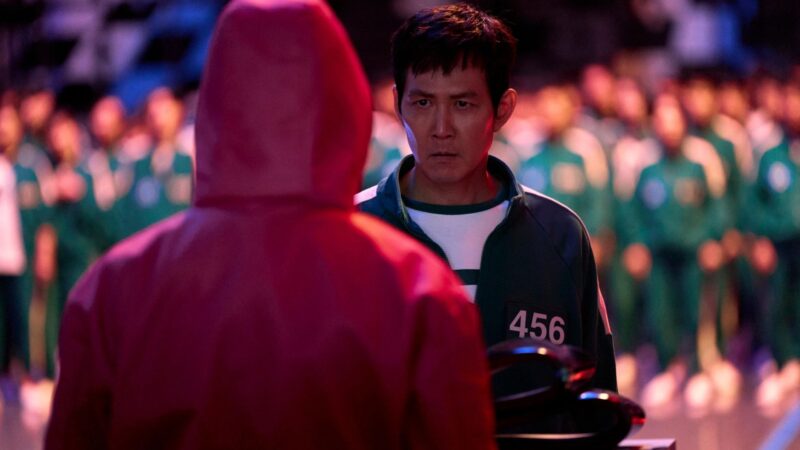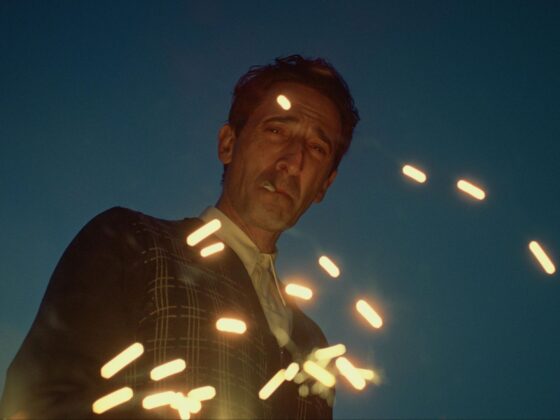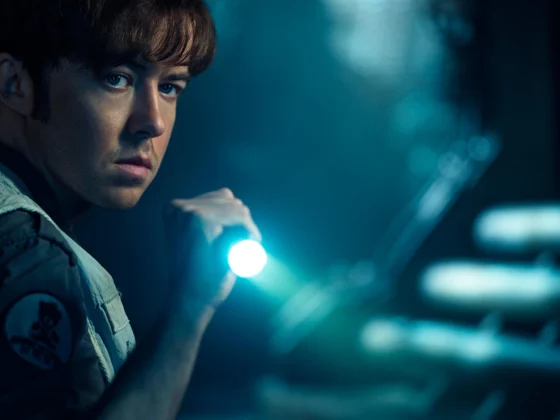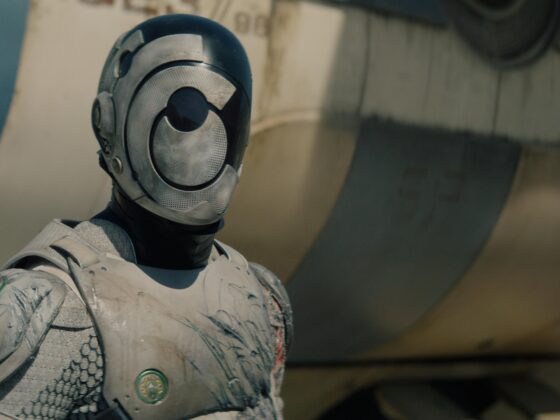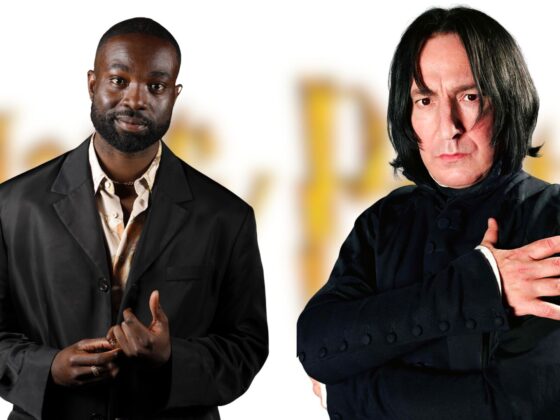Renewing my Netflix subscription is probably one of the many mistakes I will not be repeating this year. Why? Because honestly, I’m no longer entertained. I’m no longer getting the value of my money. And no show provides a better example of this than Squid Game Season 2.
After three years of patiently waiting, Squid Game finally returned with a second season that proved sometimes less is more, or in this case, that some stories are better left as standalone pieces. What is undoubtedly Netflix’s biggest show stumbled in its second outing, delivering seven episodes that can only be described as a stretched-out prologue to Season 3.
The problems start right from the beginning. Instead of diving straight into action, we spend two full episodes watching Gi-hun search for the Front Man and the mysterious Recruiter. In the opening episodes of Season 1, we got to understand the desperate circumstances of our characters before they entered the games. Unfortunately, in Season 2, all we get is Gi-hun playing detective, and not particularly well.
Lee Jung-jae, who plays Gi-hun, won an Emmy for his captivating performance in Season 1, but in this follow-up, he is given surprisingly little to work with here. Forget the complex character who balanced comedy and tragedy – all we have now is a one-note revenge-seeker who spends most of his time looking haunted. It’s a complete waste of Lee’s talents, and it strips the show of the humanity that made the first season so compelling.
Moving on, the new cast of characters feels like pale imitations of Season 1’s memorable players. For weeks, all viewers could talk about in 2020 was Sang-woo, Ali, and Oh Il-nam (who also spawned countless memes just by being himself). Now, I dare you to remember the players after a month of finishing Season 2. Besides Thanos and probably the mother-son duo, every other participant is forgettable. And to make it worse, they barely get any character development.
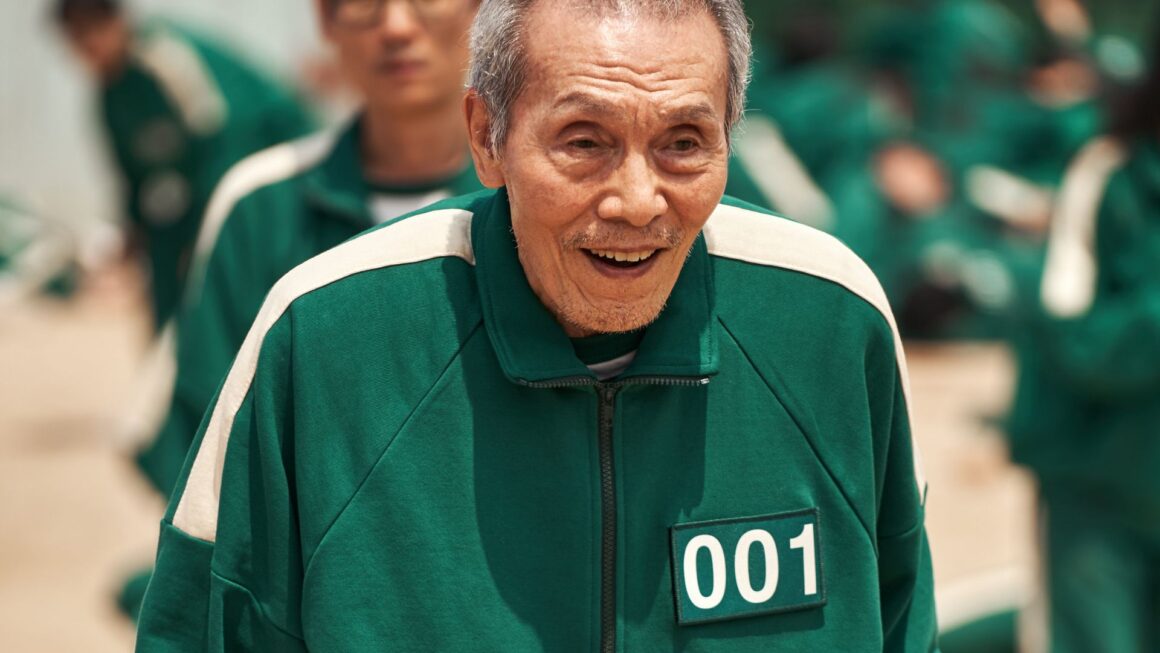
The real kicker, however, is the horrendous pacing, especially after the games kick off. Squid Game Season 2 seems to have a baffling obsession with voting sequences. In Season 1, the single vote after the first game was a powerful moment that depicted the players’ desperation and moral complexity.
Season 2 turns this into a tedious mechanic, forcing players to vote after every single game about whether to continue or split the current prize money. These scenes drag on endlessly, with players trying to explain their votes and apologizing to each other. Why the showrunner felt this was necessary beats me, because ultimately, we all know that the games must go on. It’s literally in the show’s title.
While I knew going in that Gi-hun would participate once again, bringing him back into the games seems to have fundamentally changed what made the original concept work. Instead of being a dark commentary on economic inequality where 456 desperate people compete on equal footing, it becomes a personal vendetta story where 455 people are essentially props in Gi-hun’s revenge plot. The social commentary that made the first season so relevant gets lost in favor of a much less interesting personal narrative.
I have not even touched on the subplot involving Detective Jun-ho, which is incredibly egregious. After surviving being shot and falling off a cliff in Season 1, he spends most of his screen time ineffectively investigating the games while contributing nothing to the main plot. His scenes feel like pure filler in a season that already struggles with pacing. In reality, we could have done without him showing up, a fact that really irks me considering his subplot from Season 1 had the most potential.
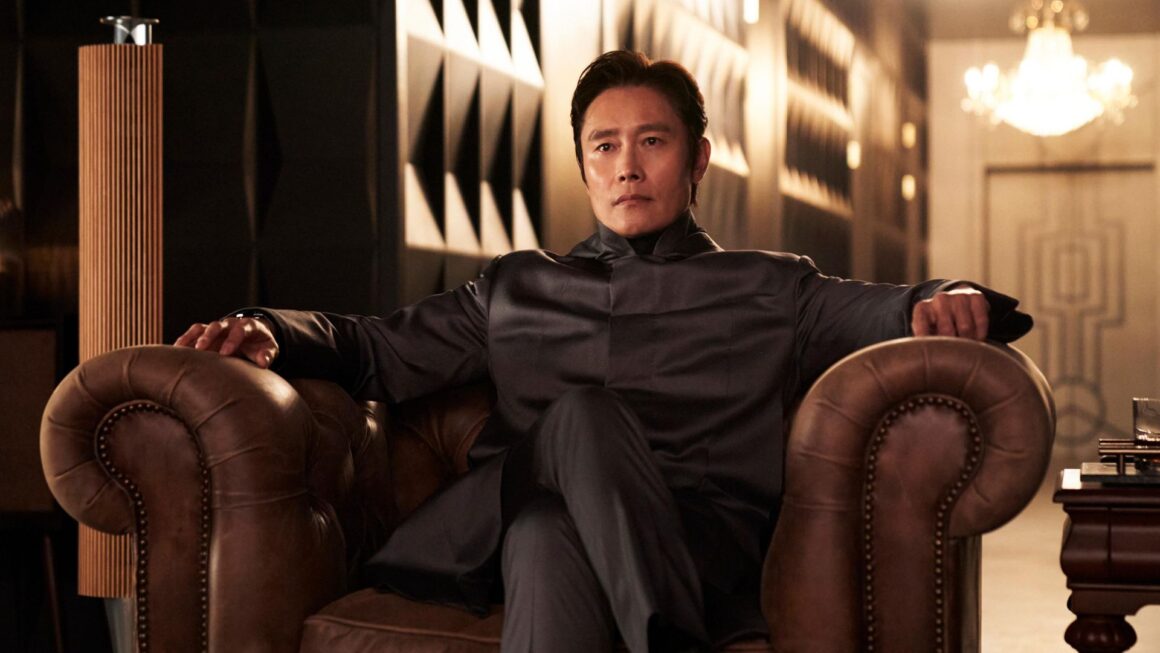
That said, there are occasional bright spots. Choi Seung-hyun (Korean rap fans know him better as T.O.P) brings some much-needed energy as the unpredictable Thanos. The production design is still impressive, and the games, while few, are worth watching (especially the third game). Sadly, these elements can’t compensate for the fundamental storytelling problems that plague the season.
What seems to be missing the most in Squid Game Season 2 is the sharp critique of capitalism, the genuine emotional connections between players, and the shocking twists that actually meant something. Setting up future plot points is all well and good, as long as we get a compelling story in the present.
To be clear, Squid Game Season 2 isn’t unwatchable – the high production values and occasional moments of tension make sure of that. However, it’s a major step down from its predecessor that trades the tight storytelling and meaningful character development of Season 1 for a bloated, less focused narrative that seems to have forgotten what made the show special in the first place.
For those planning to watch regardless, prepare for a frustrating experience (and climax) that raises more questions than it answers and saves most of its major reveals for a promised third season.
Hwang Dong-hyuk explained in an interview that Seasons 2 and 3 were meant to be a single series, but knowing Netflix, he was probably forced to split it into two, a decision that many fans are clearly upset with. I’m calling it right now: prepare for numerous Squid Game spinoffs once the main show wraps up.
Verdict
Verdict-
Storytelling5/10 AverageEvaluation of the plot, character development, and narrative structure.
-
Cinematography8/10 ExcellentAssessment of camera work, lighting, and visual aesthetics.
-
Acting7/10 Very GoodEvaluation of the performances and character portrayals.
-
Soundtrack8/10 ExcellentEvaluation of the show's music, sound design, and use of audio elements.
-
Emotional Impact4/10 MediocreThe show's ability to evoke genuine emotions and leave a lasting impression.
-
Technical Execution9/10 MasterpieceEvaluation of the show's technical aspects, such as editing, special effects, and production values.
-
Originality4/10 MediocreThe show's level of innovation, uniqueness, and freshness.
